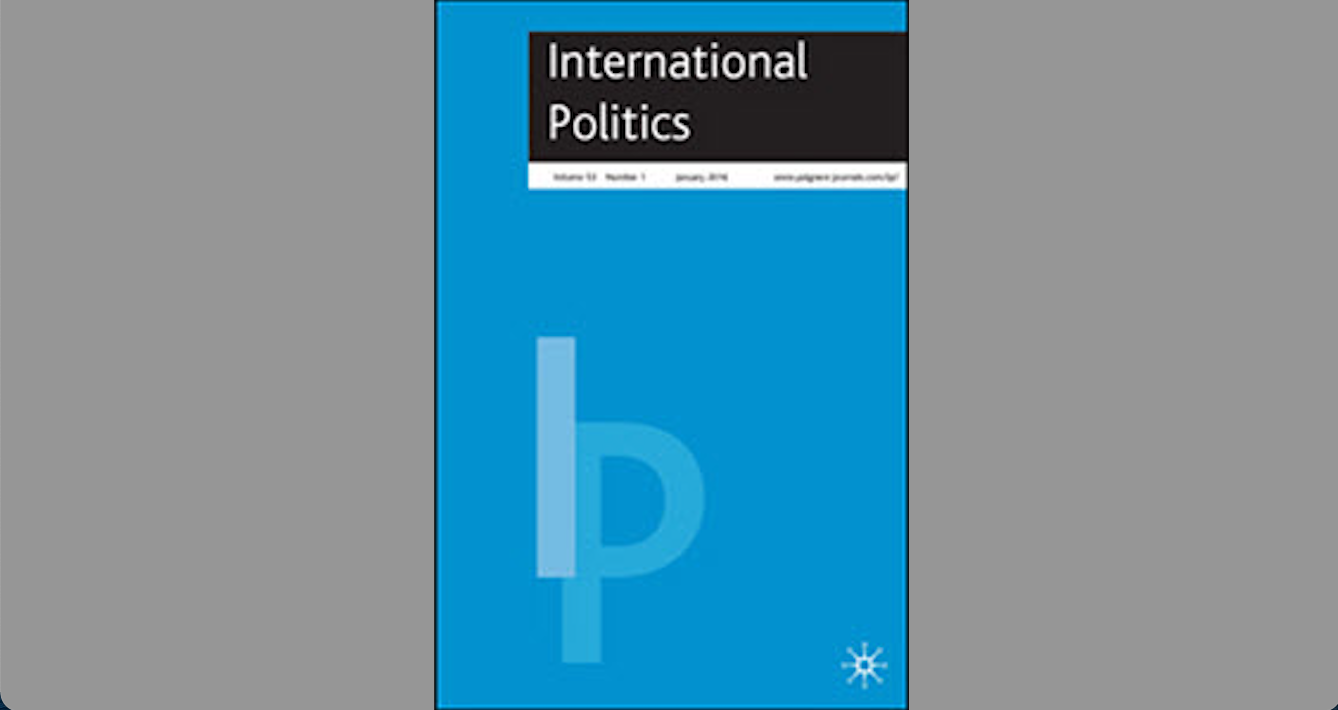https://link.springer.com/article/10.1057/s41311-022-00385-w
Original Article
Published: 28 April 2022
How Brazil embraced informal organizations
Oliver Stuenkel
International Politics (2022)
Abstract
Brazil’s foreign policy strategy traditionally focused on formal international organizations and ways to strengthen its role in them, symbolized by efforts to become a permanent UN Security Council member, and by accelerating voting reform in the Bretton Woods institutions. These goals were underpinned by a notion that the institutions that are at the heart of post-WWI order, while not providing emerging powers with the space and responsibilities that they deserved, still represented the ideal platforms for Brazil to defend its national interests. Yet despite some progress in gaining greater visibility, its overall experience over the past two decades has been frustrating, a dynamic that is crucial to understand Brazil’s turn to informal organizations such as BRICS and the G20, which became the pillars of its foreign policy strategy in the 2000s. Indeed, the country’s emphasis on informal structures remained even after a center-left government supportive of multilateralism has been replaced by a right-wing president who supports “anti-globalism” and who frequently criticizes the United Nations. This article explores Brazil’s transition and the tensions that it has created between formal organizations—both globally or regionally—with the contagion dynamics of informality. It then discusses implications for global governance.
Read full article here









